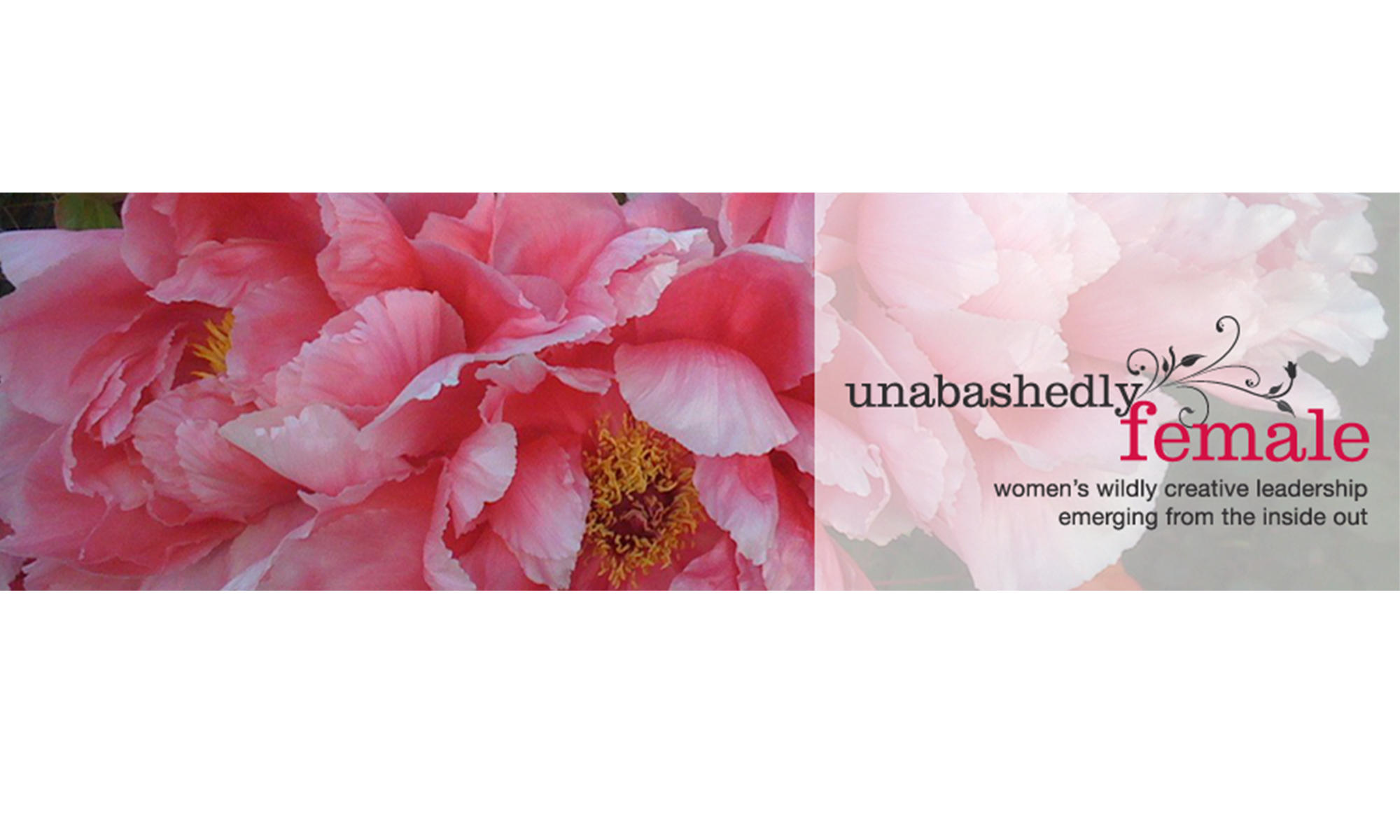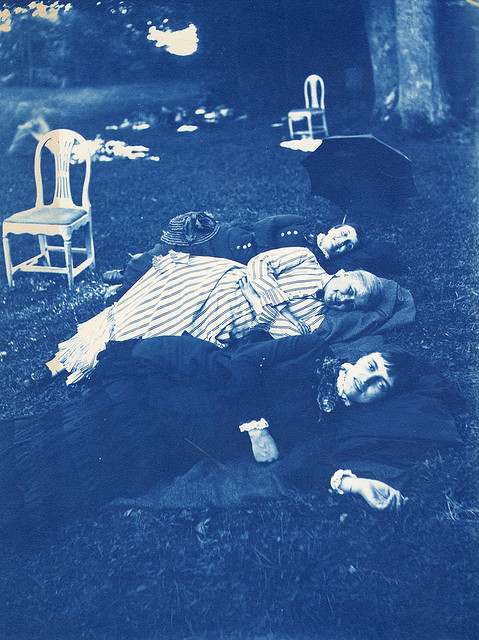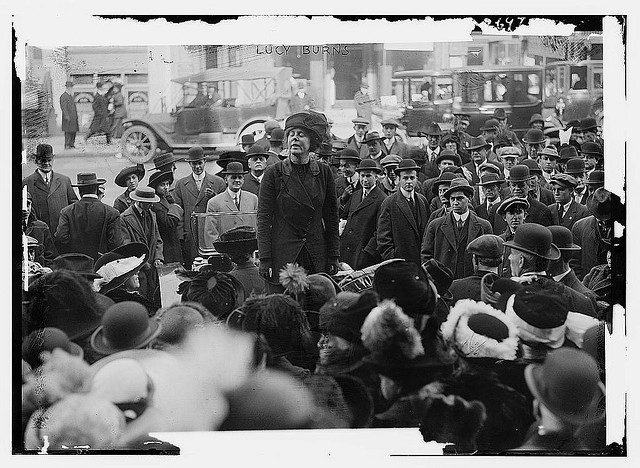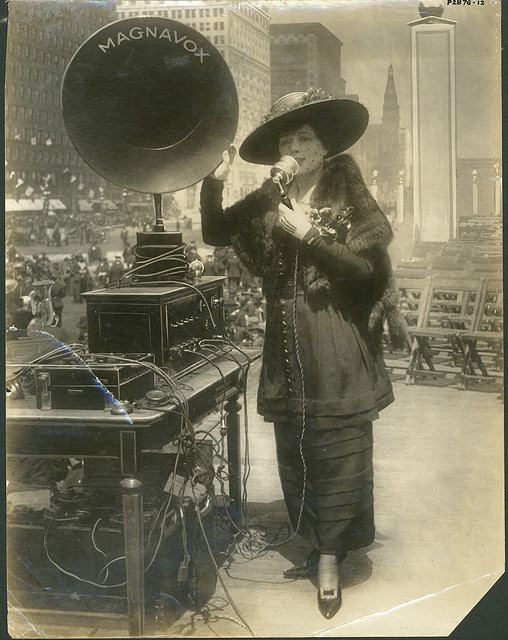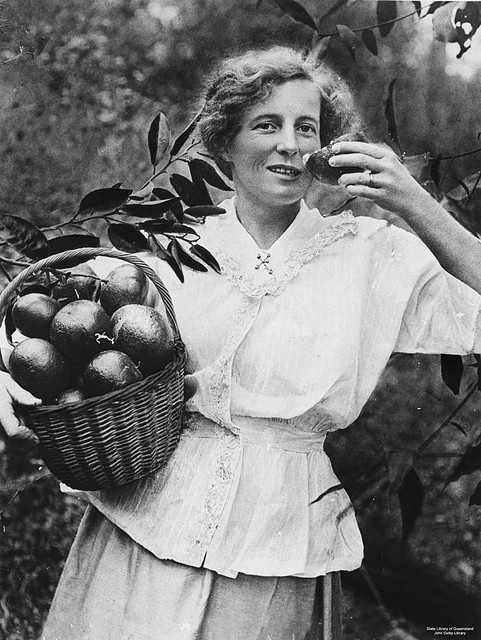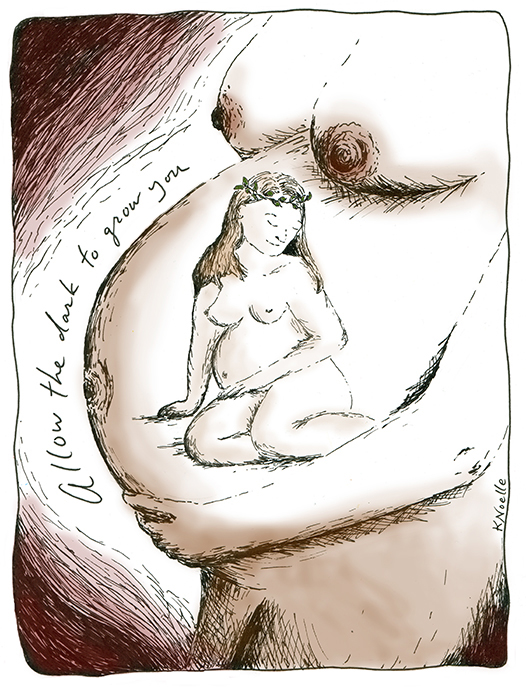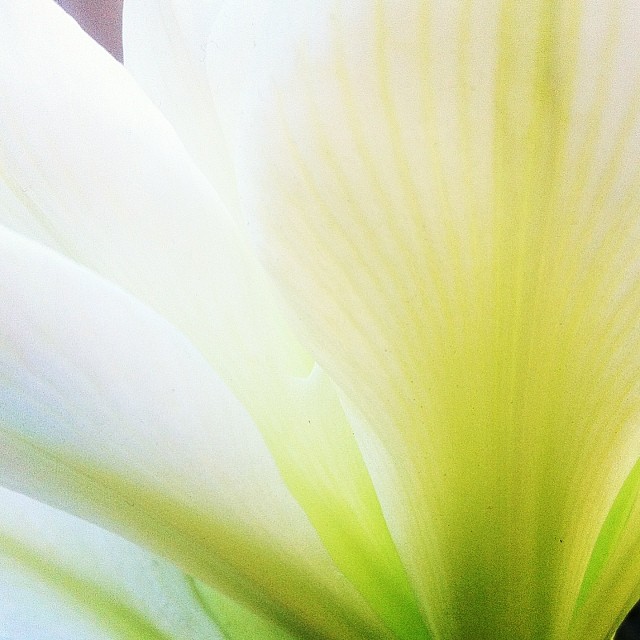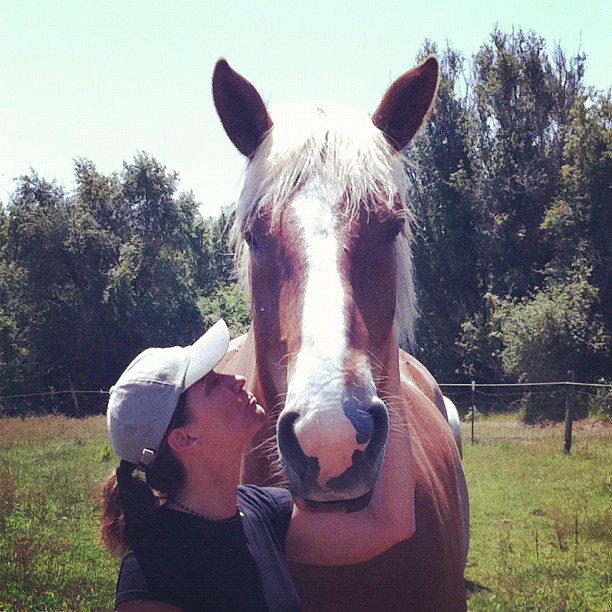This is the part 3 of a five-part series on rediscovering, and speaking in, our mother tongue.
How many languages do we ‘speak’ as women?
What streams of wisdom do we have access to?
What is our true mother tongue?
::
Finding the Mother Tongue
Our mother tongue is a  native tongue we rarely hear women use because it lies underground, under the cultural language we’ve been taught to listen to and trust.
To find it, we must come home – to the soul, the body, and the earth. This is where we find our mother tongue – where we feel our instincts, where we play and know joy, where we sit with heart break, or hearts full of life; with friends, close to the earth, laughing, playing, finding the wildish places within. Even dressed in the cultural garb, we can still go ‘outside’ the norm, find some green grass, lie down, listen to the earth and to our own heartbeat, and begin to listen to the mother tongue – the language of soul.
In this series, I am not attempting to tell you what your mother tongue is. (You must find that for yourself, and in the next and last posts I’ll explore ways to do that.) Rather, I am simply sharing what I have noticed and discovered by listening to women speak, by paying attention to my own experience, and by listening deeply to the words that bubble up through dreams, meditations, deep writing, and asking questions.
This is all in service to discovering, and uncovering, the creativity and wisdom our world does not have access to because women translate in places and ways they may not realize, and because many places, and people (men and women both) in our world value a masculinized expression over the expression of the feminine voice and language.
This does not mean men do not translate or feel their voices stifled. Nor does it mean men don’t have a mother tongue. This is about uncovering the latent mother tongue in women because women have been silenced, and are still silenced in so many places around the world.
The wisdom and creativity of women is vital in the recovery of the feminine principal. We must step outside of the current masculinized models to discover what our souls long to live through these female bodies.
Reconnecting with Soul
There are times when we feel we must translate for our words and contribution to be understood, valued, and accepted. This can be critical to how we are received in the workplace when our livelihood depends upon it. It can also be seen to be critical for our personal relationships when we are trying hard to make a relationship work. I understand this. I have so much compassion for this.Â
Some of us, myself included, have had the luxury to remove ourselves, in some ways, from the ever present stress of the way this culture keeps pulling us to be what it tells us we must be. Sometimes, we have to step away, out of the culture, in order to come to remember that we have a soul, and that if we want to live from soul, we must learn to follow its voice. Many of us are feeling called to do this in some way.
Even physically removed in many ways, though, I have still had a hard time listening more deeply to what this mother tongue is saying. I do know it comes out of my body, by way of my flesh and blood, hair and bones. I do know that when I listen inside myself, and listen in a way that really wants to hear, I begin to speak in this tongue – even if simply to myself. And…
Speaking to self in the mother tongue begins to replenish our own well of dignity.
We are wired to long for connection, to be heard and seen, to be understood. To be seen for who we truly are is food to the soul. It would make sense, then, that we would try to find the way to ensure these would happen – to be understood, to be valued, to be heard and seen.
But if we translate, and lose truth and self in the translation, we aren’t truly being heard or understood, because we aren’t truly being ourselves.
Our own conditioning keeps us from trusting the words that wait – on the tongue, in the throat, in the deep recesses of our heart, in the belly? Our fear keeps our true words silent even from ourselves.
Important questions to ask:
Am I lost in translation?
Is the vibrancy and truth of what I am trying to express lost by changing what I say and how I say it?
Does this matter to me?
It boils down to trust – a trust in the validity, the wisdom, and the value of our own soul’s expression.
Beginning to Write
I began to feel this deep need to write, not too long after leaving Stanford. And when I say write, I mean ‘really write’…from deep inside me, from a voice that had been so long forsaken – perhaps since early childhood, and maybe even before this lifetime.
At first, all that came out was the kind of writing that performs well in academia. I tended to always feel the need to substantiate what I was saying with ‘proof’ of some sort, whether it be a quote form someone else, or a valid article or book. I would feel it necessary to try to explain myself, to get the reader to ‘understand’ what I was saying. And, if my writing got a little too ‘carefree’, I would begin to feel as if it wasn’t weighty enough. Of course, I didn’t see these things then…but I do see them now, for sure.
Sometimes, it takes hindsight to see how far we’ve come, or how much we’ve begun to relax into our own knowingness.
Believe me – I am grateful that I can write well under those circumstances. Knowing how to write in that way has served me well; but, it’s not the whole picture. We are many things, we human beings, and for some of us that includes being students. But we are also much, much more.
As I dove into this new world of writing, something that surprised me was the poetry that would seemingly pop out of thin air. I’d never written poetry, nor had I ever even remotely enjoyed reading it. In full disclosure, I hadn’t really become acquainted with Mary Oliver yet, nor had I read David Whyte. And, I hadn’t known Rumi for long. I did know Hafiz.
Maybe opening the poetry door, opened me to my mother tongue. I do know that Soul speaks in symbols.
Mother Tongue as Guide, or Cicerone…
A Cicerone is a guide who gives information about antiquities and places of interest… and this seems so fitting. In writing, I discovered that what was being written was my own guidebook.
A little way into my deeper writing journey, this poem popped out. It just came out, and after it did, I went into the bathroom and threw up. I didn’t understand that I didn’t have to be sick for my body to expel things that were making it a different kind of sick. Eventually, I came to see that this act of writing was liberating something from my body that had been stuck in there for a long, long time.
This poem, in particular, turned out to be a vivid guide for reconnecting with my soul.
ripe with love
You see me here, strong and soft, eager and afraid,
my heart racing with desire
to be seen and heard,
to be held and to hold.I am here,
emerging
from this bondage placed on me long ago,
from this cage of sin, fault, and fear.I found the key
to my release when
I saw myself
in the reflection of your rejection.My open heart was
both weakness and threat, lover and enemy.
You saw me seeing you
and you shut the door on my escape.But freedom is funny,
it was mine to find all along.
Redemption came
when I filled my emptiness, with the fullness of me.The dive was deep, the way was dark.
On the surface I had only seen,
how I never quite matched up
with everything I was expected to be.But as I dove deeper into the depths of my being,
A glorious Light began to emerge.
It came from a time long ago,
It called me home in a language I had long forgotten.There, deep inside me, I found the seed
Planted long ago, at the beginning of time.
My deepest Self, my truest Truth
My inner being in perpetual Spring.I am ripe with love,
Ripe with the nectar of passionate presence
I am here to hold you,
within the folds of my velvet petals.Fall down, deep down, into the depths of my being.
For I blossom in time to break your fall
As you land with a thundering whisper,
“Catch me, please catch me.â€Open yourself to the center of me.
Drink deeply the love that has been waiting for you,
waiting with timeless patience,
knowing what has always been, will be again.Let me lay side-by-side with you.
Let me feel again how perfect the fit is,
if we only allow ourselves to relax
into the shape we already are.Remember the rightness of this fit.
Don’t fight what you know to be true.
I can love side by side again,
Knowing the love comes through me to you.You see me here,
soft and strong, knowing and sure.
My heart is filled with the truest Truth and the brightest Light
See your Self reflected in my love.~ Julie Daley
Neither Forgotten nor Forsaken
This poem was a forecast of what was to come in my journey. I couldn’t know that at the time, but the words had a profound impact on me. They were so deeply alive as they came through and my body responded to them so clearly and unequivocally.
My soul was telling me the way through would be deep and dark…
The dive was deep, the way was dark.
On the surface I had only seen,
how I never quite matched up
with everything I was expected to be.
My soul was telling me there was a language to remember…
But as I dove deeper into the depths of my being,
A glorious Light began to emerge.
It came from a time long ago,
It called me home in a language I had long forgotten.
The beautiful thing is, this long forgotten language had not forgotten, nor had it forsaken, me.
And, it has not forgotten, nor has it forsaken, you.
::
This is part 3 in a five-part series. You’ll find the other parts here:
Mother Tongue Part 1: Has Your Mother Tongue Been Lost in Translation?
Mother Tongue, Part 2: Speaking Without Translating
Mother Tongue, Part 3: Calling You Home in a Language Long Forgotten
Mother Tongue, Part 4: She Doesn’t Pay Lip Service
Mother Tongue, Part 5: Eyes and Instincts, Knowing and Soul
We will discover much together. Please share your thoughts in the comments below.
